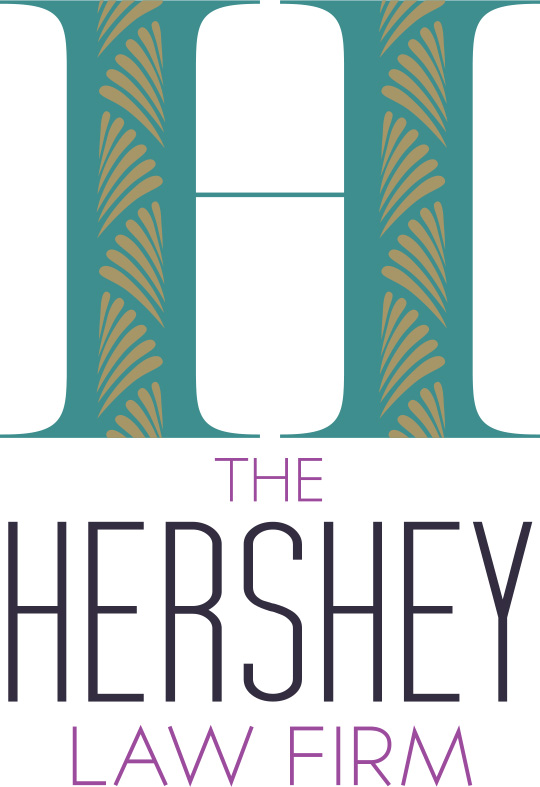Like most South Floridians, you probably go crazy during the holidays and for birthdays and charge everything to your credit card. You dine at fancy restaurants. You take out loans to purchase luxury cars and buy big houses in Miami, Fort Lauderdale, or Boca Raton.
You live the life and then one-day life ends. You have outstanding bills and those surviving you worry about who will be responsible for your spending habits.
“If you are co-signer on your spouse’s credit card or mother’s credit card. You are required to pay back anything they owe when they die.”
I get asked the question all the time: “Do I have to pay off my dead relative’s debts?”
Most of the time, the answer is no. When someone dies, their estate is responsible for paying off the debts. That means that debt collectors can go after bank accounts, or assets that the deceased person owned individually.
The next question often asked is, “ What if the estate does not have enough money to pay the debts?” Then the collector is out of luck because they cannot go after other people to collect. The debt will go “unpaid”.
Like most legal matters, there are exceptions to the rule that do allow collectors to collect from others.
CIRCUMSTANCES YOU MAY BE RESPONSIBLE FOR THE DEBT OF OTHERS
Joint Accounts: Co-Signer on loan, credit card, mortgage, medical bills
(Not responsible if just an authorized user)
Ex: If you are co-signer on your spouse’s credit card or mother’s credit card. You are required to pay back anything they owe when they die.
Stole assets from the estate of the deceased
Ex: You are in charge of handling the decedents estate and you failed to pay or prevent debtors from collecting by illegally using the assets.
** Pay back debt with your own money
Debt collectors are very creative and persuasive. Even if you are not responsible for the debt, they may use terms such as ‘moral responsibility’ and use guilt to make family members feel they have to pay debts.
BEWARE: Creditors always come before heirs. That is why it is extremely important to protect your assets and start estate planning today!
If you live in Miami-Dade, Broward, or Palm Beach counties it is time to start discussing with loved ones their estate planning needs. You can’t predict the future, but you can plan for it.
Contact an experienced estate-planning attorney at The Hershey Law Firm, in Fort Lauderdale, Florida, at (954) 303-9468 to discuss your estate planning needs




